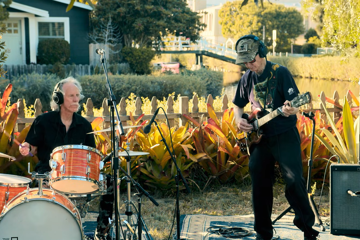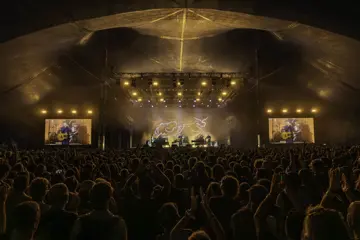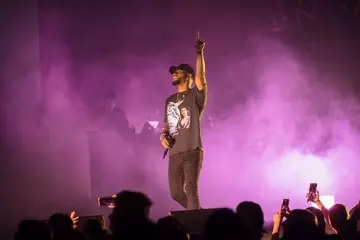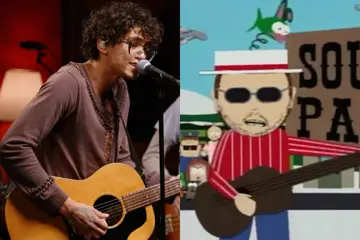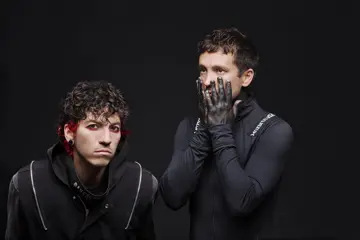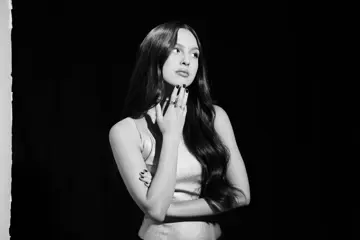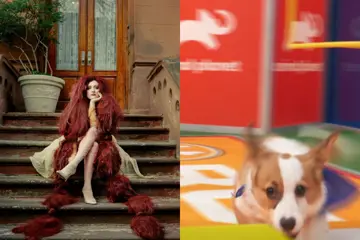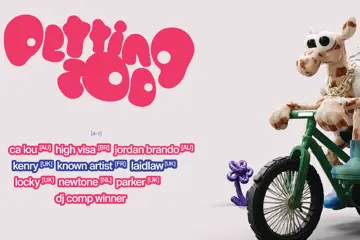Because the career of New York native David Gelb is still in its infancy, it's important that the man's origin story starts circulating, and, like that of all good directors, is told its way into myth.
“Ever since I was a kid, I knew I wanted to be in cinema,” Gelb explains. “My dad would document pretty much everything I would do, and so I was always reaching for his camera. When he bought me [one] when I was 13 years old I would use it for everything, and I just haven't stopped.”
Fast-forward a few years from that, and Gelb shoots his first film – a short, and he's co-director – starring Robert Downey Jr, and Edward Burns. “When I was in high-school,” he recounts, “a good friend of mine, and excellent filmmaker Josh Safdie, we were making a short film – just for fun, really – and it just happened that his parents were good friends with Edward Burns, and, uh…the Juniors. It's sort of like they were acting, and also teaching us.”
From those exceptionally auspicious beginnings, Gelb went on to make a documentary on the Fernando Meirelles and Mark Ruffalo film Blindness. It was 'just' a making-of, but it exposed the young director (then 25) to a work ethic he would himself adopt when making Jiro Dreams of Sushi. “It was an hour-long, behind-the-scenes special,” Gelb explains, modestly. “The shoot took place over 90 days in Canada, Uruguay, and Brazil. That was quite an excellent experience for me because I was [working with] Meirelles, the director of City Of God, and I learned a great deal from him and his team, and how to work efficiently using less-than-ideal resources, and also how to work with a team in an effective way. His cinematography and his production design and visual elements were also very stunning, and so I picked up every tip that I could.”
Don't miss a beat with our FREE daily newsletter
Then came Jiro Dreams of Sushi, Gelb's most realised film, and a piece of cinema that brims with a bold visual style, and whips along with Gelb's eye for powerful, cathartic storytelling. “I just like a good story,” Gelb echoes. “Starting out documentary, it's a way to exercise storytelling skills, but without the pressures of having a large crew or cast or budget weighing on me. I was able to work in a way that was effective for me [while] experimenting with the editorial and shooting style, which maybe is the best way to start.
“But, at the same time,” he continues, “there are many camera moves and techniques that can really only be done on a film set with a bigger crew, and with actors. There are times when I would want Jiro to move in a certain way, but he couldn't. This kind of [ethic], it can work very effectively in documentaries, but on a film set, I'm looking forward to having free-reign to create the reality both behind the camera and in front of the camera.”
It sounds like he's pining for a narrative feature. And, he admits, that's exactly what he's doing next. In the meantime, see Jiro: it's a gorgeous film, and easily one of the year's best documentaries.




